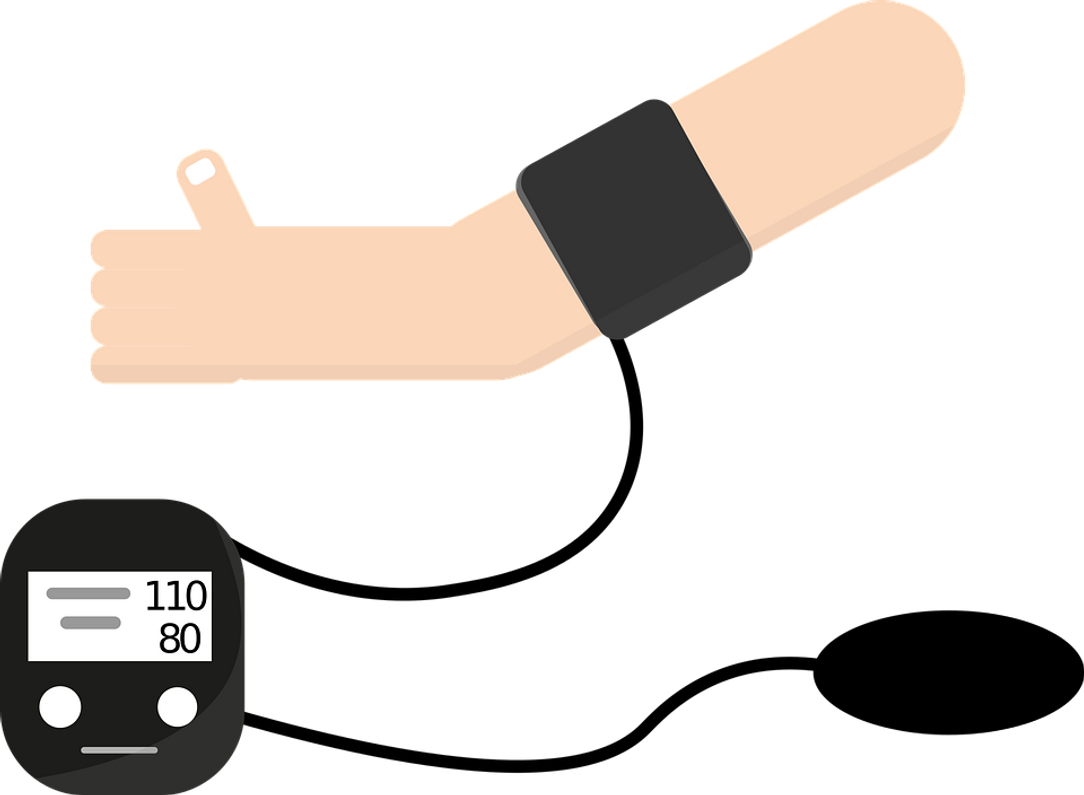Hypertension: How to Protect Against the 'Silent Killer'
Do you have high blood pressure? Dubbed the "silent killer," it's responsible for over a half-million deaths in the United States each year, according to the U.S. Centers for Disease Control and Prevention (CDC). As your blood pressure rises, your arteries will be exposed to greater force. Over time, this can make them less elastic while subsequently restricting blood flow and increasing your risk of heart disease. To protect against high blood pressure, consider the following tips.
Reduce Sodium Intake
High sodium intake is a risk factor for high blood pressure. As an essential nutrient, our bodies need sodium. Too much sodium, however, can make it difficult for your kidneys to remove excess water, resulting in higher blood pressure. You should still consume some sodium in your diet, but avoid excessively salty foods. The American Heart Association (AHA) recommends no more than 2,300 milligrams of sodium per day for most men and women.
Relax and Unwind
Stress is closely linked to blood pressure. People who suffer from chronic stress are more likely to have high blood pressure than their counterparts. If you regularly experience stress, you should try to relax and unwind. Stress can manifest in different ways. During periods of high or prolonged stress, though, levels of cortisol will increase in your body, which can lead to high blood pressure. By relaxing and unwinding, you'll be better protected against stress and high blood pressure.
Stay Physically Active
One of the most important things you can do to protect against high blood pressure is to stay physically active. Exercising on most days of the week will lower your risk of high blood pressure. The strength of your heart will affect your risk of high blood pressure. With a strong heart, blood will pump more freely throughout your body, thus lowering your risk of high blood pressure. Exercising on most days of the week will promote a stronger heart.
Don't Smoke
Smoking isn't just bad for your lungs; it's bad for your heart. People who smoke are more likely to suffer from high blood pressure, which of course places them at risk for high blood pressure.
Improve Your Sleeping Habits
It may sound unusual, but your sleeping habits can affect your risk of high blood pressure. The CDC specifically says that poor sleeping habits increase the risk of obesity, diabetes and high blood pressure. Sleeping offers an opportunity for your body to recover. When sleeping, your blood pressure will typically decrease. Failure to get enough sleep -- or getting low-quality sleep -- may have the opposite effect by increasing your blood pressure.
Recent Posts
-
Fire Safety in the Workplace: What You Need to Know
What steps are you taking to prevent fires in your workplace? According to the U.S. Occupational Saf …Aug 23rd 2023 -
Is It Safe to Go Jogging With a Cold Infection?
If you're suffering from a cold infection, you might be wondering whether it's safe to go jogging. T …Aug 22nd 2023 -
5 Safety Tips to Follow When Using a Powder-Actuated Tool
Powder-actuated tools are commonly used to join materials to steel and concrete. Also known as Hilti …Aug 20th 2023




